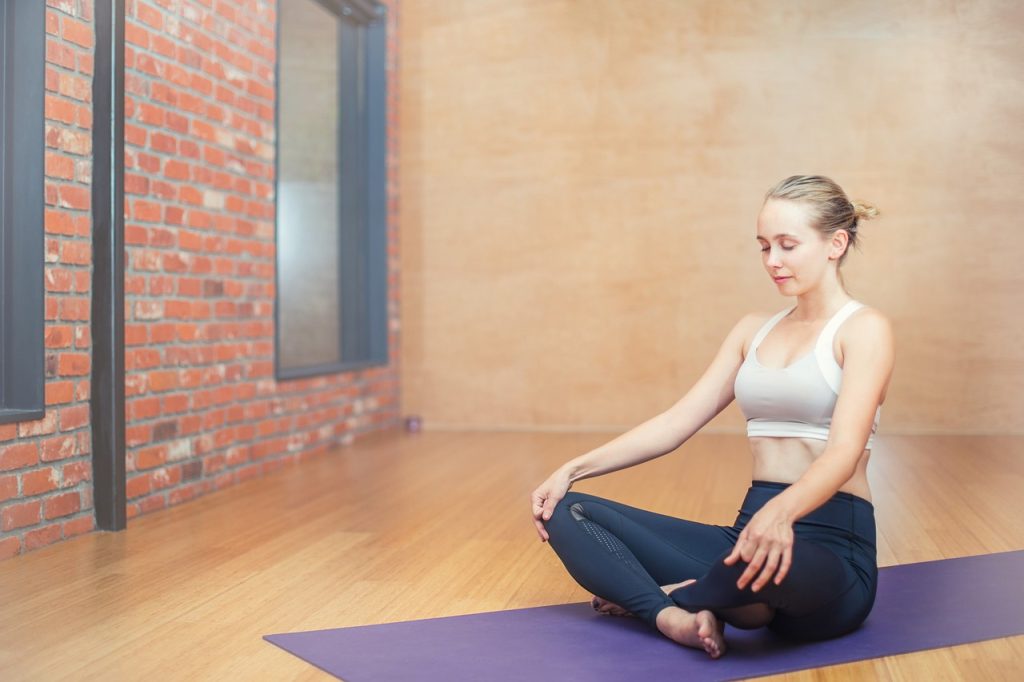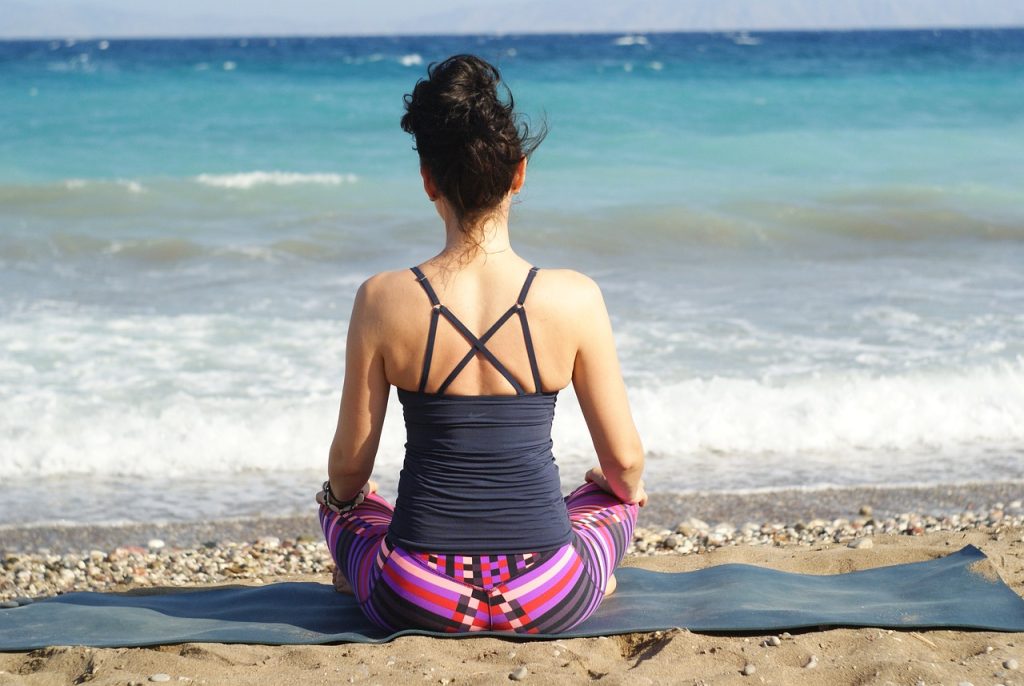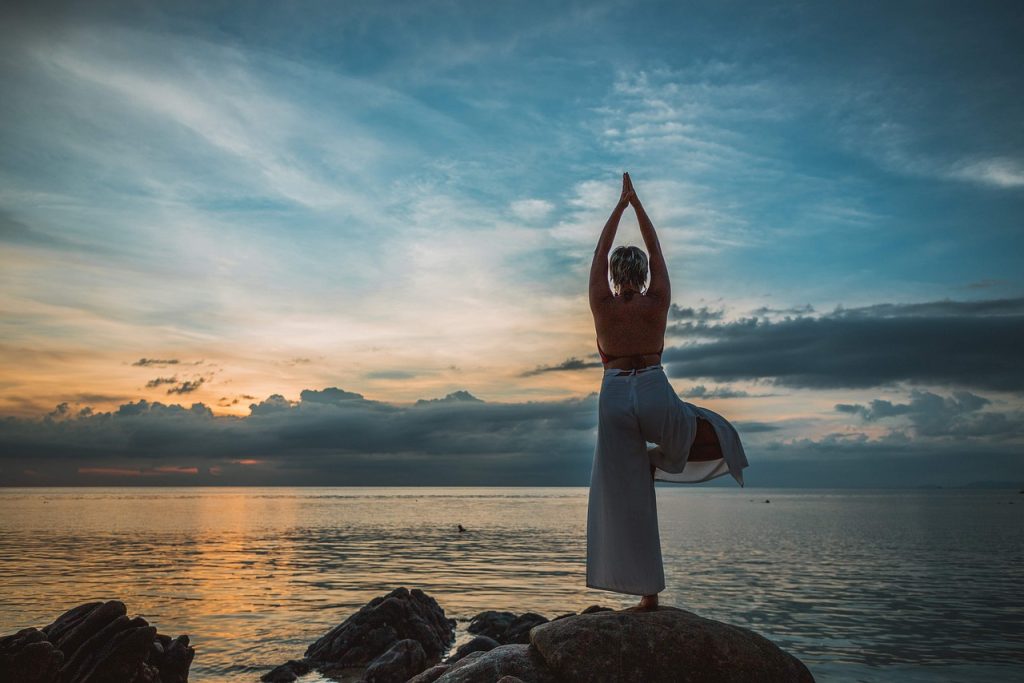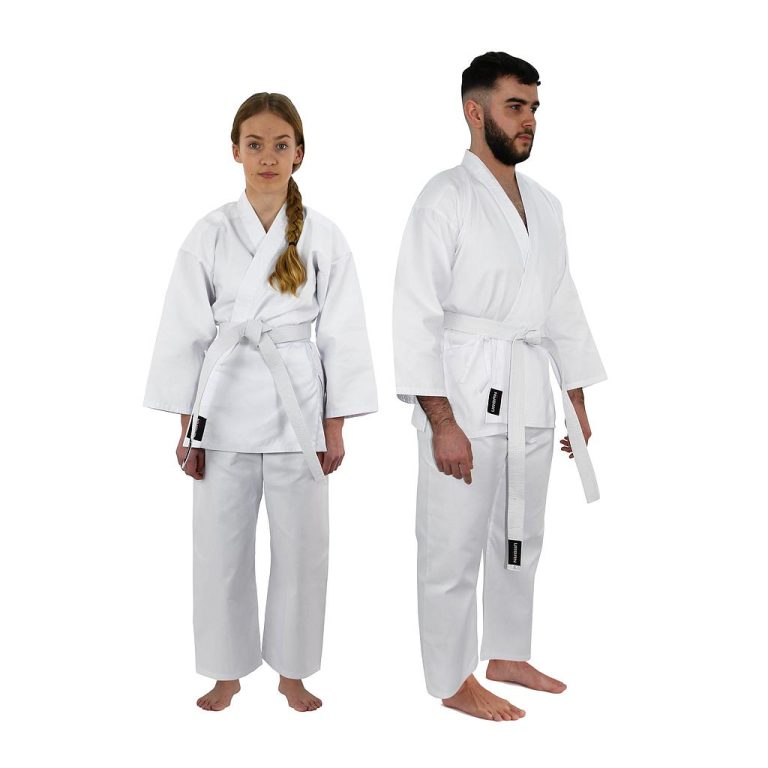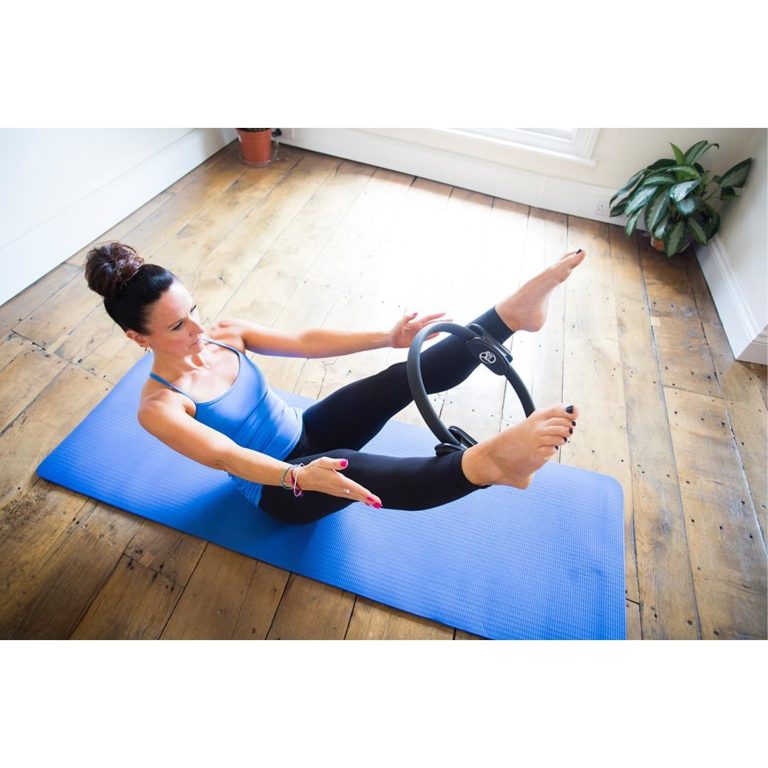Are you feeling overwhelmed and stressed? If so, you might be wondering if yoga is the answer to finding some much-needed relief. In today’s fast-paced and hectic world, many people are turning to this ancient practice as a way to calm the mind, relax the body, and reduce stress levels. Whether you’re a beginner or a seasoned yogi, incorporating yoga into your routine has been shown to have numerous benefits for stress relief. From deep breathing exercises to gentle stretching and mindfulness, yoga offers a holistic approach to finding inner peace and tranquility. So, if you’re ready to explore the world of yoga and experience its potential in alleviating stress, this article is here to guide you on your journey.
Table of Contents
ToggleWhat is Yoga?
Yoga is a physical and mental practice that focuses on achieving a state of balance and harmony within oneself. It originated in ancient India and has been practiced for thousands of years. Yoga encompasses various postures, breathing exercises, meditation techniques, and ethical principles that promote overall well-being.
Physical and Mental Practice
Yoga is not merely a physical exercise; it is a holistic practice that involves the body, mind, and spirit. The physical aspect of yoga involves performing a series of postures, known as asanas, which help to strengthen and stretch the muscles, improve flexibility, and enhance overall physical fitness. The mental aspect of yoga involves cultivating mindfulness, awareness, and inner peace through various breathing techniques and meditation.
Origin and History
The origins of yoga can be traced back to ancient India, where it was developed as a spiritual practice by the Indus Valley civilization around 3000 BCE. Over the centuries, yoga evolved and was refined by various Indian sages and scholars. The compilation of yoga philosophy and practices can be found in ancient texts such as the Bhagavad Gita and the Yoga Sutras of Patanjali.
Understanding Stress
In order to appreciate the benefits of yoga for stress relief, it is important to understand the nature of stress itself.
Definition
Stress can be defined as the body’s response to any demand or challenge, whether physical, emotional, or psychological. It is a natural reaction that prepares us to face potential threats or danger. However, when stress becomes chronic or overwhelming, it can have detrimental effects on our physical and mental health.
Causes of Stress
Stress can be caused by a wide range of factors, including work-related pressures, financial problems, relationship issues, health concerns, major life events, and even everyday hassles. Each individual may have different triggers for stress, and it can vary in intensity and duration.
Effects of Stress
The effects of stress can manifest in various ways, including increased heart rate, muscle tension, sleep disturbances, irritability, anxiety, and depression. Prolonged stress can also weaken the immune system, increase the risk of chronic diseases, and negatively impact overall well-being.
Benefits of Yoga for Stress Relief
Yoga has been recognized as an effective tool for relieving and managing stress. The practice of yoga offers numerous physical and mental benefits that contribute to stress reduction and overall well-being.
Physical Benefits
Yoga helps to release physical tension and promotes relaxation. Through the practice of asanas, the body is gently stretched and strengthened, which can help relieve muscle tension and stiffness. Regular practice of yoga can also improve sleep quality, boost energy levels, and enhance overall physical fitness.
Mental Benefits
Yoga promotes mental clarity, focus, and emotional stability. The mindfulness and breath awareness cultivated in yoga practice help to calm the mind, reduce anxiety and negative emotions, and enhance self-awareness. By incorporating meditation techniques, yoga can help individuals develop resilience, cope with stress more effectively, and cultivate a positive outlook on life.
Scientific Evidence
The effectiveness of yoga for stress relief has been supported by scientific research. Numerous studies have investigated the effects of yoga on stress management and have shown promising results.
Research Studies
Studies have shown that regular yoga practice can significantly reduce perceived stress levels and improve psychological well-being. A review of multiple studies concluded that yoga is effective in reducing stress, anxiety, and depression symptoms. Another study found that practicing yoga for just 10 minutes per day can lead to a significant reduction in perceived stress levels.
Mechanisms of Action
Yoga’s stress-relieving effects can be attributed to various mechanisms of action. The physical aspect of yoga helps to activate the parasympathetic nervous system, which is responsible for the body’s relaxation response. Additionally, the mindfulness and breath control techniques in yoga help to regulate the body’s stress response by slowing down the heart rate, lowering blood pressure, and reducing cortisol levels.
Different Yoga Styles for Stress Relief
There are several different styles of yoga that can be particularly beneficial for stress relief. Each style has its own unique approach and emphasis, but all offer the potential for relaxation and stress reduction.
Hatha Yoga
Hatha yoga is a gentle and slow-paced style that focuses on physical postures and breath control. It is suitable for beginners and those seeking a relaxing practice. Hatha yoga helps to relieve muscle tension, calm the mind, and promote overall relaxation.
Vinyasa Yoga
Vinyasa yoga, also known as flow yoga, is a more dynamic and fast-paced style that synchronizes movement with breath. It emphasizes fluidity and continuous flow between postures. Vinyasa yoga can help to release physical tension, improve cardiovascular fitness, and promote a sense of moving meditation.
Restorative Yoga
Restorative yoga is a deeply relaxing and nurturing style that involves long-held supported postures. It is particularly beneficial for stress relief as it allows the body and mind to fully unwind and restore. Restorative yoga promotes deep relaxation, reduces anxiety, and enhances overall well-being.
Yin Yoga
Yin yoga is a slow-paced style that targets the deep connective tissues of the body through passive and long-held postures. It is a meditative practice that helps to release tension and increase flexibility. Yin yoga can be a powerful tool for stress reduction, as it encourages mindfulness and introspection.
Kundalini Yoga
Kundalini yoga combines physical postures, breathing techniques, meditation, and mantra chanting. It aims to awaken and stimulate the dormant energy within the body. Kundalini yoga is known for its energizing and transformative effects, promoting a sense of inner calm and balance.
Practical Tips for Using Yoga as a Stress Relief Technique
To maximize the stress-relieving benefits of yoga, here are some practical tips to incorporate into your yoga practice:
Establish a Routine
Set aside regular time for your yoga practice. Creating a routine helps to cultivate consistency and make yoga a daily habit.
Start with Basic Poses
If you are new to yoga, start with basic poses and gradually progress. Focus on proper alignment and listen to your body’s limits.
Focus on Breathing
Pay attention to your breath during practice. Deep, slow breathing activates the relaxation response and helps to calm the mind and body.
Incorporate Meditation
Include a few minutes of meditation at the end of your practice. Sit quietly, focus on your breath, and allow your mind to settle.
Listen to Your Body
Yoga is a personal practice, and it is important to honor your body’s needs and limitations. Modify poses or take breaks as needed.
Precautions and Considerations
While yoga is generally safe for most individuals, it is important to take precautions and consider certain factors when practicing yoga for stress relief.
Consultation with a Healthcare Provider
If you have any underlying health conditions or injuries, it is advisable to consult with a healthcare provider before starting a yoga practice. They can provide personalized recommendations and ensure that yoga is suitable for your specific needs.
Choosing a Qualified Instructor
Ensure that your yoga instructor is experienced and qualified. They should have the necessary knowledge to guide you safely and provide modifications for different needs and abilities.
Physical Limitations
If you have any physical limitations or restrictions, inform your instructor so that they can offer appropriate modifications or alternatives. It is important to practice within your comfort zone and avoid any movements that cause pain or discomfort.
Modifications and Variations
Yoga poses can be modified or adapted to suit individual needs. If a pose feels challenging or uncomfortable, feel free to modify or skip it. There is no need to push yourself beyond your limits.
Complementary Techniques
Yoga can be complemented with other relaxation methods to enhance stress relief and overall well-being.
Combining Yoga with Other Relaxation Methods
Consider combining yoga with other relaxation techniques such as deep breathing exercises, progressive muscle relaxation, aromatherapy, or guided imagery. This can create a synergistic effect and further enhance relaxation and stress reduction.
Healthy Lifestyle Habits
Incorporate healthy lifestyle habits into your routine, such as regular exercise, balanced nutrition, quality sleep, and adequate hydration. These habits can support your overall well-being and contribute to stress reduction.
Conclusion
Yoga is undoubtedly a valuable tool for stress relief. Its physical and mental benefits make it a comprehensive practice for promoting overall well-being and managing stress. By incorporating yoga into your daily routine, you can experience the transformative effects of stress reduction, increased relaxation, and improved mental and physical health. So roll out your mat, take a deep breath, and embark on your journey to a more peaceful and stress-free life through the practice of yoga.

